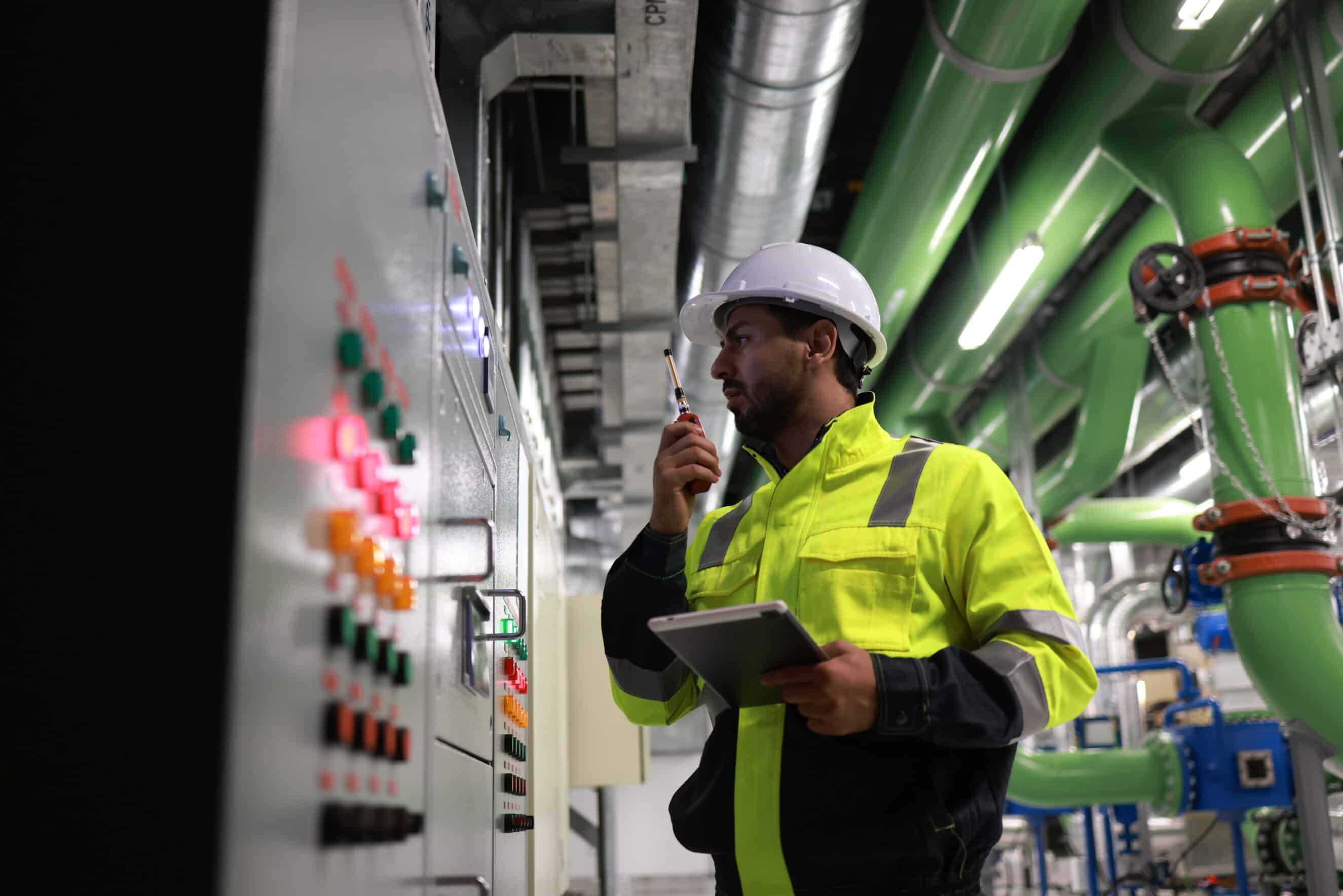An Overview of Integration and Testing in Engineering

Does your company need assistance identifying and resolving issues that may be obscure when testing components in isolation? Systems Strategies & Analysis (SSA, Inc.) provides integration and testing services to our customers with complete systems engineering lifecycle support using MBSE. For more information or questions, please call SSA today at 240-813-4427. We work with the leaders in technology, providing 100% safety.
What is Integration and Testing in Engineering?
Integration and testing refer to connecting individual components or subsystems into one and then systematically testing the assembled system to ensure it functions as intended.
Integration
Integration in engineering is a phase in the engineering lifestyle where individual subsystems or components are merged to develop a whole system. In addition, this process may include integrating and testing components simultaneously, or it may be done as a big-bang integration (all components are integrated at once). The steps in integration include: Assembling subsystems or components that have been developed or tested individually
- Making sure that the interfaces between integrated components function correctly
- Verifying that data passed between components are handled properly
- Defining the method and order of integration to ensure a successful process
- Developing an appropriate testing environment that imitates the production environment
Testing
Testing in engineering refers to evaluating a system or its components to find whether it meets the specified requirements. Testing may be divided into multiple phases:
- Testing individual modules or components to ensure they operate correctly in isolation
- Testing to detect problems related to data flow and interfaces
- Verifying that the complete integrated systems meet the specified requirements
- Also, testing the system in a live scenario to ensure it satisfies user needs and is ready to deploy
Significance of Integration and Testing
Why is integration and testing significant in engineering?
- To identify and repair issues early in the integration process, preventing more extensive, more complex problems later
- Making sure that interfaces between components operate correctly is critical for system reliability
- In addition, testing helps verify that the system performs as expected under different conditions
- Comprehensive testing makes sure the final product meets user expectations and quality standards
Overall, proper planning, execution, and testing can help ensure the engineering project’s success.
Contact SSA, Inc. Today for Systems Engineering Consulting Services
If you have any questions regarding our systems engineering consulting services, contact Systems Strategies & Analysis today. From program/project management services to Model-Based Systems Engineering (MBSE)/Model Based Engineering (MBE) training, our team has the skills and expertise to quickly design, build, integrate, and operate software-intensive, enterprise-wide systems. We provide every client with comprehensive solutions to satisfy their unique goals. Contact SSA, Inc. by calling our support team at (240)813-4427 or sending us a message via our website. Follow us on LinkedIn, Facebook, and Pinterest for company news and updates.




